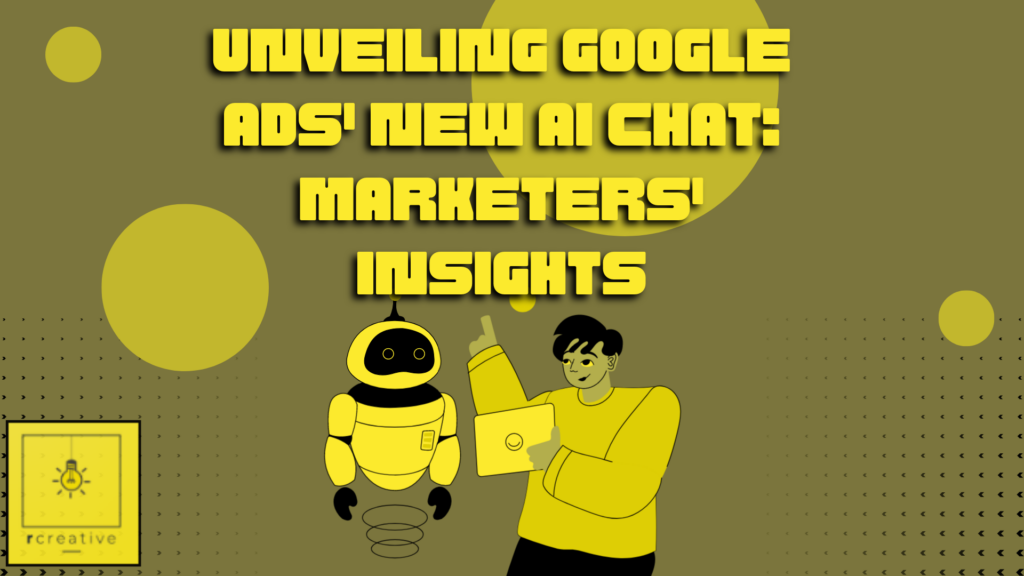Arguably, we in the creative spaces have been gearing up for the rise of artificial intelligence for a while (at least, ever since sci-fi movies like “2001: A Space Odyssey,” “The Matrix,” “Her,” and “Ex Machina” were a thing).
Regardless, the leap in AI technology in the last year has still astonished us. ChatGPT opened the door with its launch in November of 2022, demonstrating a stunning ability to answer inquiries with human-like ease, and to write content like essays, briefs, or even Shakespeare-dupe poetry with equal finesse.
The resulting AI copywriting tools running just on the heels of ChatGPT’s influence have shaken up the digital content marketing industry. Tools like Jasper, Copymatic, Jounce, and others all purport high-conversion copy for blog posts, ebooks, landing pages, emails and more that’s generated with just a click of a button.
The output, just from the marketing emails they produce, is impressive.
With the outcry of visual artists on Instagram still ringing in our ears, along with the wider conversation over whether AI has disrupted the creator economy for good, it is worth asking: are copywriters getting pushed out of their industry by “AI-zilla?”
Short answer: no. AI copywriting isn’t a monster out for our jobs. In fact, we view AI as more of a sidekick than an archnemesis. (We still give it the side-eye from time to time, though…)
Let’s look at a few insights we have on AI marketing trends and why AI-generated content isn’t that scary to us human copywriters.
Why AI copywriting doesn’t scare our human copywriters
Reason #1: AI copywriting is fed with information – not research
Let us give you a quick foundational grasp to help differentiate research from conglomerated information.
How does AI copywriting work? Essentially, AI copywriting software uses data from trained models to make predictions from the contextual information it is fed and the parameters that are set by the user. It utilizes algorithms and pre-existing insights online, crunching information from millions of web pages to generate concise and effective content quickly, using language-processing technology to make it sound more human.
Spooky, right?
Yet one Reddit user who’s also a freelance writer found that when they ran their AI-written copy through a plagiarism detection tool, it was basically “red-alert” for depth of research and originality in condensing and presenting that information (along with search engine optimization, as you’ll see later!)
Anyone can crunch information found online. But truly researching, curating, and critically analyzing relevant information – that’s an intuitive task that only a skilled copywriter can do without a user’s supervision or spoon-feeding of parameters. (Gross. Sorry for that image…)
Reason #2: AI can write – but can it edit, fact-check, or optimize?
As we’ve established, AI copywriting software basically crunches zillions of webpages’ worth of information based on learned algorithms, parameters, and language patterns to churn out generically efficient copy.
But as for copyediting or fact-checking? The creative intuition for detecting syntax is simply not there.
Even though “AI” stands for “artificial intelligence,” it’s not actually ‘intelligent’. Remember: it’s an interconnected system of accumulated, crunched data. No matter how much information you feed it, accumulated, crunched data is not intelligence. And the intelligence required for editing with context and audience in mind is still extremely difficult to authentically replicate.
It’s also worth noting that SEO is one aspect of the AI conversation that is surprisingly absent. Google explicitly does not prioritize generic, unoriginal content that is not mindfully written with SEO in mind. A few AI programs are making headway with base-level SEO optimization, but this is an intuitive and critical area of digital marketing content where top-notch copywriters still have ultimate precedence.
Reason #3: We’re using AI right now.
Wait, what?
Yep. We used AI to help us out with this article. No, AI didn’t write this entire thing. We fed the idea of this article into a generator, we selected the tone, and then we hit the “write” button.
But we didn’t sit back and stop there.
With what was spit out, we used the points it grabbed and meshed together from the web and created a handy outline of talking points and details for further, specialized research.
AI is here to stay, but we have learned to adapt by using it as a supplement (not a replacement) for brainstorming and even laying out foundational copy to rework when writer’s block hits.
Integrating AI into our workflow can help copywriters create better content faster than ever before. We understand the value of using technology to optimize processes and improve efficiency. But ultimately, relying solely on AI to produce quality content is not sufficient or sustainable. AI cannot supplant a deliberate, empathetic, skilled creative content marketing pro – but it can assist them.
We made this exact point as we discussed the big digital marketing trends you should watch for in 2023!
Reason #4: AI content is satisfactory quality for a satisfactory standard
So what does this all mean for professional copywriters? Well, it depends on the quality of their work right now.
If a copywriter is churning out uninspired content that’s rehashing what everyone else is saying, AI will probably be that 50-foot-monster that clients may very likely enlist over the human copywriter.
On the other hand, if a copywriter is crafting thoughtful content that is well researched, optimized for SEO, and gives valuable insights, then AI is less the villain and more the sidekick. Or the wise and surprisingly kick-ass butler.
Clients who are happy with satisfactory content are willing to pay for just that – and guess what? Merely satisfactory traffic and conversions will likely be the result.
But clients who want to rise above the noise of all of the same stuff that vies for their weary customers’ attention want excellent content that gives them (gasp!) excellent results.
Does your content marketing strategy rise above the noise?
The enhancement of AI is admittedly exciting to watch, but as we said earlier: AI-generated content is no replacement for a copywriter who knows your brand, knows your voice, and knows your customers hopes, goals, and needs that your business or nonprofit can fill.
R Creative helps you with every stage of brand development – by humans, for humans. We can help you develop a strong web presence, and craft tailored messaging with quality content that truly connects with your audience.
Your next step to improving your content is as easy as contacting us.


